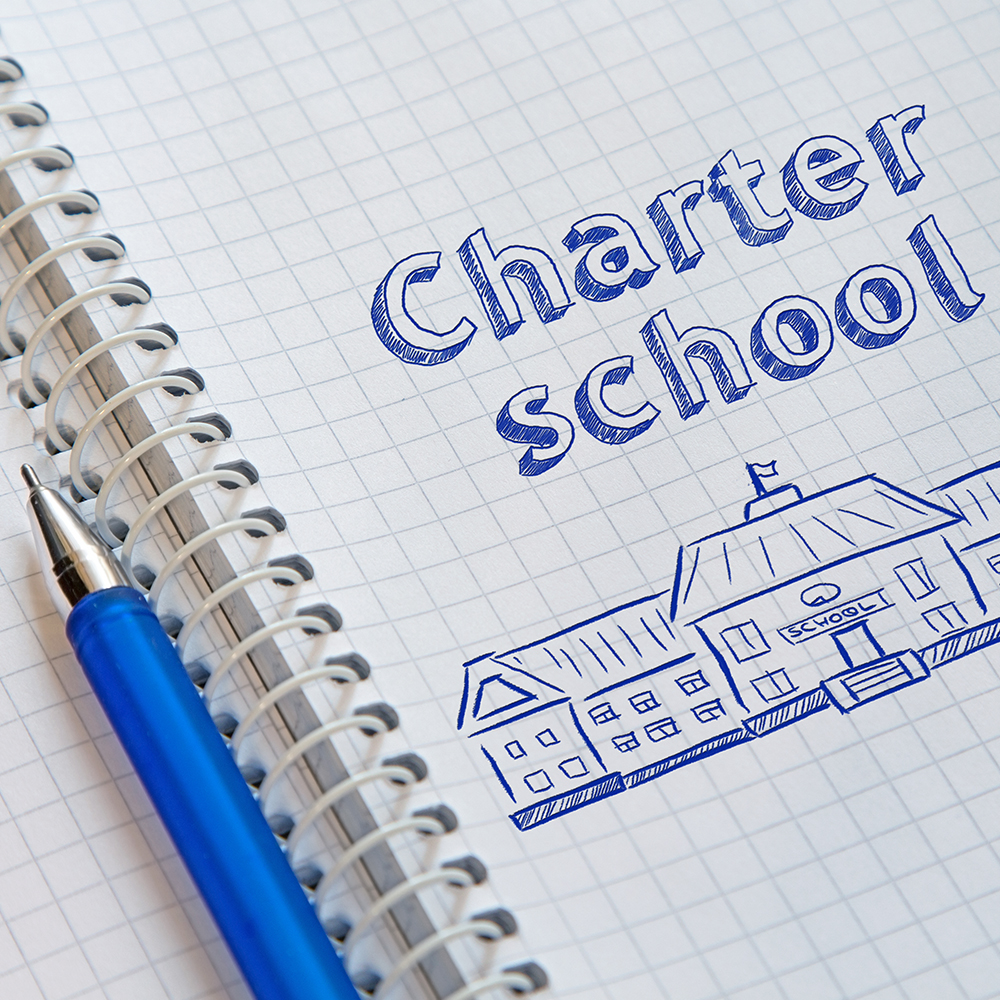Ironically, parents and supporters of the group Alliance for Quality Education showed up to New York Governor Kathy Hochul’s office last Tuesday to protest her recent “pro-charter school” proposal.
The New York Governor’s recent budget proposal would allow more than 275 more charter schools in New York City by removing the regional limits, currently set at 275 within the five boroughs. The overall state cap of 460 charter schools would remain the same. Under the current cap, this would allow approximately 100 more charter schools to open statewide in upcoming years. And anti-charter school advocates who “fight for quality education” are furious.
“While the governor is giving with one hand full funding … she’s yanking the rug out from [another] by diverting money potentially to charter schools and that is not right,” John Liu (D-Queens), who chairs the Senate New York City Education Committee, said.
What is confusing about this statement is that Governor Hochul has also proposed a $3 billion hike in state spending on K–12 schools. So, her proposal certainly is not “diverting money to charter schools” and it does not even allow for an increase in the number of charter schools statewide.
What it does do is give children and families in low-income communities within New York City more education options – and this is where California lawmakers need to pay attention. If public schools are producing high test scores, impressive math and English proficiency and increasing graduation rates, they should have nothing to worry about. But that is not the case.
In 2022, 55.3 percent of New York City charter students grades 3-8 were proficient in English language arts compared to 49 percent from New York City district schools. In the same year, 46.3 percent of New York City charter students grades 3-8 were proficient in math compared to just 37.9 percent of student in New York City district schools.
Even more notable according to the New York City charter schools website, black and hispanic students in NYC charter schools achieved higher rates of proficiency than their counterparts in district schools in both ELA and math. In ELA, black and hispanic charter school students outperformed district counterparts by 19 percentage points (55% vs. 36%), and 15 percentage points (52% vs. 37%), respectively. In math, black and hispanic charter school students outperformed district counterparts by 25 percentage points (46% vs. 21%), and 19 percentage points (42% vs. 23%), respectively.
You can’t argue the numbers and the numbers show that charter schools in New York City are currently providing a better-quality education, particularly for low-income and disadvantaged communities. States that are currently on the offensive against charter schools and school choice, such as California, would do well to take note.
Although on the surface, California law seems to have less restrictions for charter in comparison to New York (i.e. the current cap on charter schools in California is 2,450 statewide and is raised by 100 schools each year), the full-frontal attack from Governor Newsom and the teacher unions reveal different.
Since Governor Newsom took office, the Legislature has successfully enacted a 3-year moratorium on new nonclassroom-based charter schools until 2025 and a new law that allows school boards to consider a new charter school petition’s financial impact on a district as a factor in approval or denial.
The education atmosphere shouldn’t be about politics, about struggles of power or fights over money between charter and the teacher unions. It should simply be about our future workforce, the quality of education our kids are receiving and whether or not we are giving parents and families the power of choice. Political leaders and lawmakers would do right by not placing themselves between parents and the education their children need and deserve.

